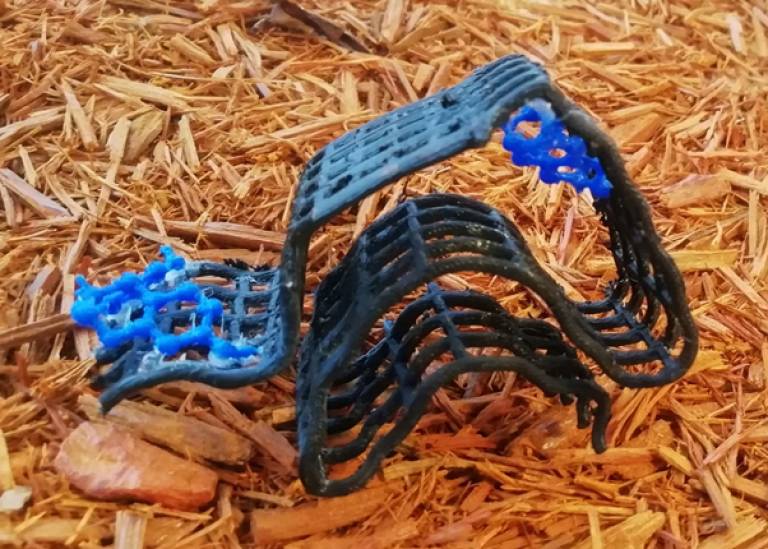Brazilin Removes Toxic alpha-Synuclein & Seeding Competent Assemblies from Parkinson Brain
9 February 2021

Natural polyphenols can be potent inhibitors of protein misfolding in diseases like Alzheimer’s, Parkinson’s and prion diseases that help us understand how pathogenic protein assemblies from in disease and how these assemblies replicate in the brain. Scientists from the MRC Prion Unit led by George Nahass and Jan Bieschke, together with their collaborators from the Universities of Leeds and Bristol as well as the Rocky Mountain Laboratory, USA, analysed how the natural polyphenol Brazilin inhibited misfolding of alpha-synuclein, the protein responsible for Parkinson’s disease. Nahass and his colleagues found that Brazilin attacked the disease mechanism in two places: It prevented misfolding of the protein and kept misfolded protein assemblies in Parkinson patients’ brains from ‘seeding’ new protein misfolding. Brazilin is extracted from the Brazilwood tree and similar plants. It has historically been used as a natural red dye in fabric and as ink and in herbal remedies. The molecule may be a model for future therapeutic approaches that stop the replication of prions and prion-like protein assemblies.
The study is in press in the Journal of Molecular Biology: Brazilin Removes Toxic alpha-Synuclein and Seeding Competent Assemblies from Parkinson Brain by Altering Conformational Equilibrium, George R Nahass et al., https://www.sciencedirect.com/science/article/abs/pii/S0022283621000723
 Close
Close

